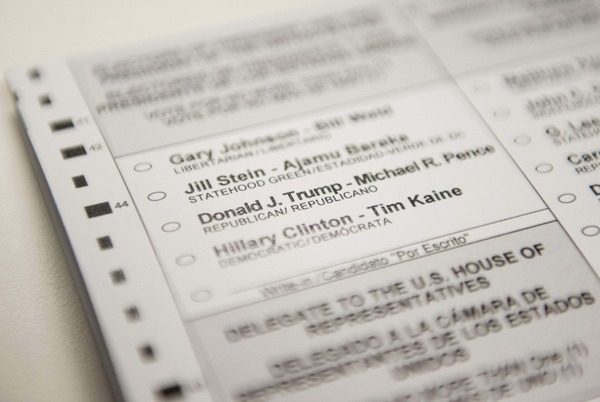This article first appeared in Complete Colorado.
During my years in politics, I learned that when politicians address a problem they usually address only the symptoms rather than the root cause.
In fact, those politicians often ARE the root cause—and their “solution” would expand their own power and make the problem worse.
For example, many liberal politicians decry “money in politics” and want Congress to pass laws limiting campaign donations. But liberal politicians themselves bear heavy responsibility for all that money in politics: They have expanded the scope of government so much that donors feel they have to buy influence to protect themselves.
And their “solution” would merely increase the authority of same Congress they decry as corrupt.
The real way to get money of politics is to get politics out of money. In other words, reduce the economic power of government. But they don’t want to talk about that.
Shootings in “gun free zones” occur because innocent victims are disarmed in those zones. The real answer is to abolish such zones and allow law-abiding citizens to protect themselves and others. But too many politicians propose disarming citizens further, which would aggravate the situation.
Proposals to abolish or neuter the Electoral College have much the same flavor.
Critics complain that the system is not working as intended. In fact, the Electoral College generally works fairly well. Among the reasons it does not work better are state “puppet elector” laws. These laws force electors to vote in accordance with the dictates of whomever controls state government. Puppet elector laws strip the position of presidential elector of all real importance.
As a result, those running for elector often are mere party hacks rather than the experienced and respected statesmen envisioned by the Founders. That’s why some states do not even put the name of elector-candidates on their ballots.
If those laws were repealed, the position would become significant again. Well-known figures would run for the job. For example, in Colorado the Democratic slate of electors might include former Governors Dick Lamm and Roy Romer. The Republican slate might be graced by former Governor Bill Owens or former Senator Hank Brown.
Most of the time, these candidates would announce beforehand which presidential and vice presidential candidates they favored, and they would vote accordingly. But in unusual circumstances they might have to exercise discretion after the popular vote was counted. Such circumstances might include the death of a candidate, the disclosure of damaging information about a candidate, or idiosyncratic election results that few people foresaw or wanted.
And in such circumstances, it would be all right with most people for presidential electors to exercise discretion because those electors would be known, respected, and trusted figures chosen by the voters themselves.
Critics complain that about eight percent of the time the Electoral College produces a president who did not win a plurality of the national popular vote. But this is perceived to be a problem principally because of a dysfunction caused, or supported, by the critics themselves.
Here’s what I mean: When the Founders created the Electoral College, they considered a broad range of goals. (Despite what you may have heard, slavery was not a prominent consideration.) One goal was to ensure that the President was a reasonably popular figure. However, there was no feeling that the President must be the most popular candidate in the country. It was more critical that he enjoy support from throughout the nation rather than merely from a faction or region. Another goal was to ensure that the person elected was capable of doing the job.
In other words, the Founders did not place popularity above all. Nor was there any need to: The federal government was to have strictly limited powers, and the President’s job would be mostly administrative in nature. He would enforce federal laws, negotiate with foreign powers, and oversee the military. In such circumstances, being the most popular candidate in the country was not very important.
However generations of statist politicians and supine judges have converted a modest administrative office into something resembling Haiti’s notorious Papa Doc Duvalier: a near monarch with vast powers over daily life. That’s why it seems vital to some people that the president be the most popular candidate in the country.
If we were to cut the presidency down to constitutional size, it wouldn’t matter so much that on rare occasions the position’s occupant was not the popular vote winner.
The way to make a good system work properly is not to junk the system. The way to make a good system work properly is to correct whatever is causing the dysfunction. In the case of the Electoral College—as in the case of many shootings and of “money in politics”—the principal dysfunction is unlimited government.
The most realistic solution is one or more constitutional amendments devolving power back to individuals, families, localities, and states. The most promising mechanism for doing so is a convention of the states, meeting under the auspices of Article V of the Constitution.








